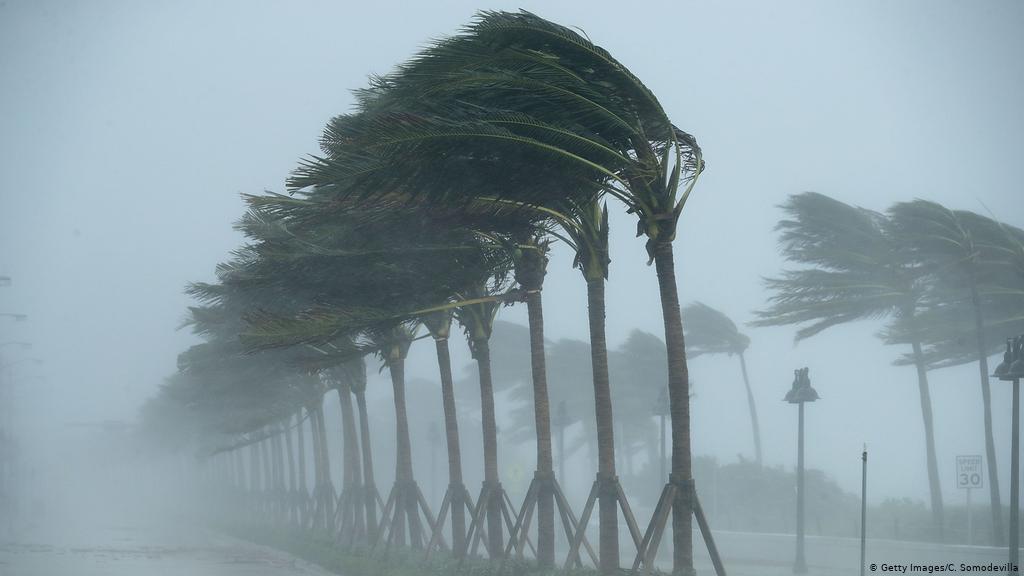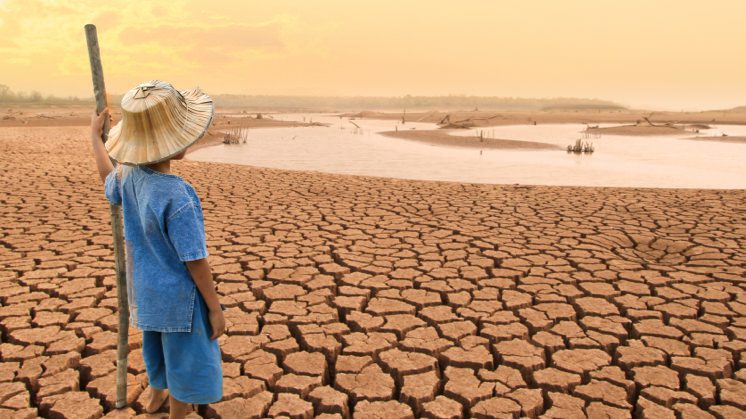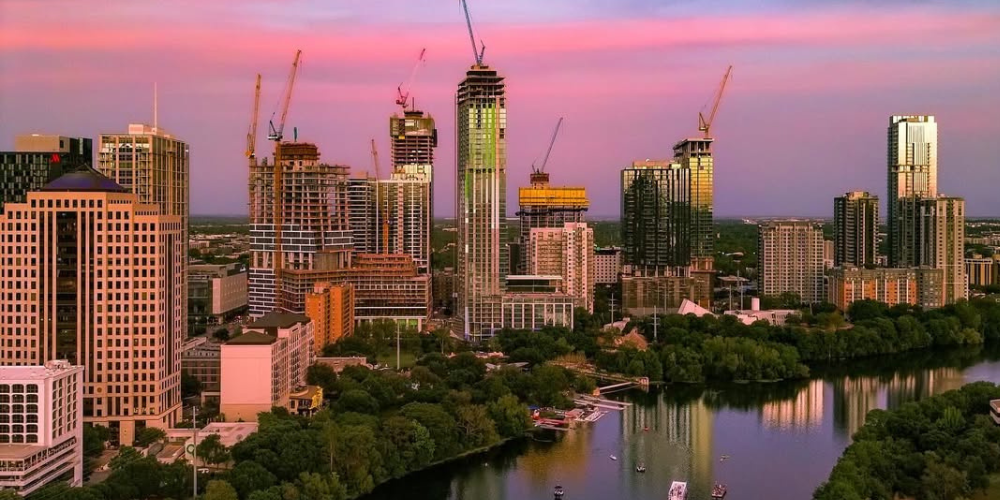Climate change is not a new topic and its dangers have been long expressed over time. Many well-established scientists have put out reports on the danger our world is being exposed to as a result of human actions driving climate change. The reports were tagged as a “code red for humanity,” an emergency report from the United Nations IPCC at Geneva.

Los Angeles Times | Climate change is not a new topic and its dangers have been long expressed over time
The Intergovernmental Panel on Climate Change noted that some of the climate alterations happening at present are remarkably troubling because they are ideally not to have been expected in possibly hundreds of thousands of years. Some of which are irreversible even if they could be, it’s going to take another hundred of thousands of years to reverse something like a rise in sea levels. The report released noted most of these things.
Scientists predict that weather conditions will become erratic, heatwaves and heavy storms are to become worse than they are right now and that’s pretty scary considering how dangerous the recent North American heat waves have been. Clearly, climate change is already doing its damage and the world needs to fight this with as much intensity as the pandemic is being fought.
Many regions on the planet are experiencing one effect or the other of climate change and one common thing that is well known as a major contributor is carbon dioxide alongside greenhouse gas emissions and other pollutants released in the air according to the IPCC report.
This report of about three thousand pages raises some kind of alarm about what the future will look like if these emergency climate issues are not addressed. It’s approaching two hundred countries that have joined the Paris climate accord intending to slow global warming and keep temperatures less than two degrees Celsius by the end of another hundred years.

DW | Scientists predict that weather conditions will become erratic and heavy storms worse than they are right now
As it stands, the report makes it certain that climate changes will continue to increase all over the world in the next 10 years. It’s going to get a lot warmer and there will be fewer periods in the year for the cold seasons, and this heat will get to certain notable peak levels for plants and animals.
The chief scientist for the Nature Conservancy, Katharine Hayhoe pointed out the fact that scientists have been talking about possibilities of hastening climate change with some of our human activities for over a century and yet their observations have not been taken as seriously as they should have.
She said she’s hopeful that the new emergency conveyed in the IPCC report will spur governments into more committed and serious actions. And although the report sounds like the future is truly bleak, it also gives a small glimmer of hope that events like a collapse of the world’s ice sheet have a “low likelihood” of happening but they still have to consider that possibility.

Iberdrola | The report makes it certain that climate changes will continue to increase all over the world in the next 10 years
There will soon be a very important climate conference in Glasgow Scotland, scientists, activists, and other environmental groups will be more than ready to express their concerns about the report and hopefully come to some agreement on actions that can be taken immediately to start working on preserving humanity's future.











